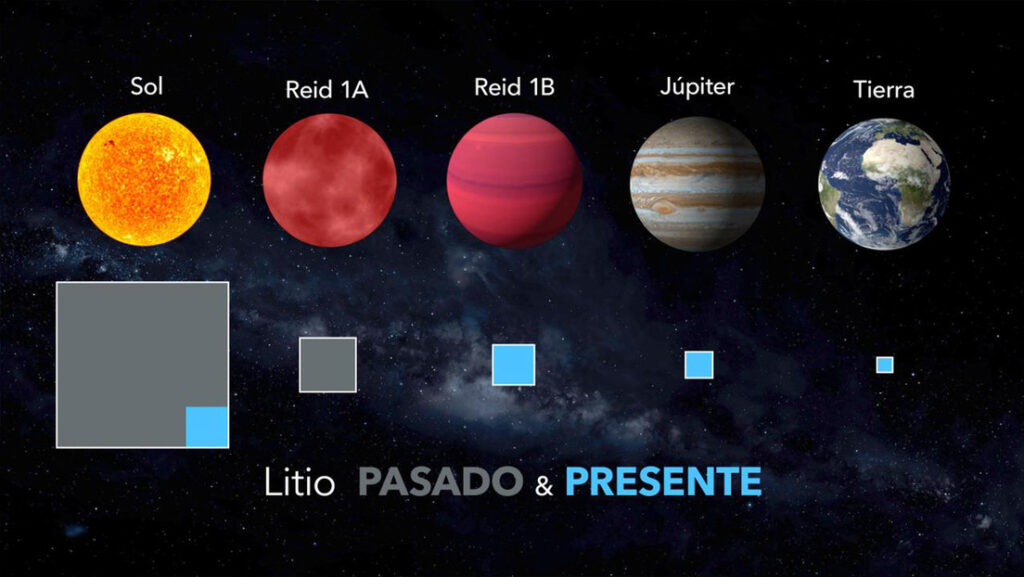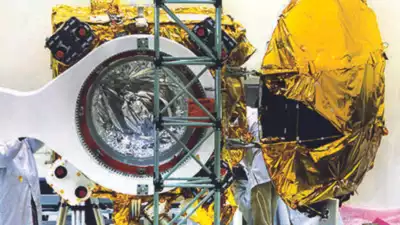- Orbiter lost contact in eclipse, declared ‘non-recoverable’
- Indian spacecraft cost just a fraction of NASA’s Mars probe
India’s mission to Mars — an orbiter studying the surface and atmosphere — finally ran out of fuel after spending eight years in the outer world, according to the nation’s space agency.
The device, launched in 2013, was expected to last just six months — demonstrating India’s technological prowess on a frugal budget, the Indian Space Research Organization said in a statement Monday. A long eclipse led to the orbiter losing contact with the ground station in April. It ran out of fuel and couldn’t achieve the necessary altitude to generate power, the agency said, declaring the spacecraft “non-recoverable.”

The orbiter, called Mangalyaan in Sanskrit, made India only the fourth nation to reach the distant planet. It garnered global attention primarily for its shoestring budget — the probe cost about $74 million, just 11% of the price tag for NASA’s Maven probe, and tens of millions less than the $108 million 20th Century Fox spent making The Martian.
Mangalyaan’s objectives included looking for methane and carbon dioxide in Mars’s atmosphere to determine whether life ever existed on the Red planet. The mission studied the composition of several gases and quantified the altitude at which a carbon dioxide-rich atmosphere turns into an atomic Oxygen-rich one during the local evening, according to the statement.
Social media was abuzz with admiration for Indian scientists at ISRO, who have made a name for themselves by delivering a string of successful space projects despite working with a fraction of the budget of the US, China or Europe. Thrift has been the hallmark of India’s space program since the early 1960s, when rocket sections were transported by bicycle and assembled by hand inside St. Mary Magdalene Church in Thumba, a fishing village near the tip of the Indian peninsula.
The Mars mission “will be ever-regarded as a remarkable technological and scientific feat in the history of planetary exploration,” ISRO said.
Recent Posts
- Astronomers detect first direct image of black hole expelling a powerful jet
- WhatsApp rolling out ‘reply with message’ feature within call notifications
- Multi-Device Pairing May Be Arriving for Apple Watch this Year
- Artificial Intelligence Discovers Hidden Giant, a Planet 5 Times Larger Than Jupiter
- Google CEO Sundar Pichai Talks Bard & The Future Of Search
Recent Comments

Astronomers detect first direct image of black hole expelling a powerful jet

Artificial Intelligence Discovers Hidden Giant, a Planet 5 Times Larger Than Jupiter

Scientists explain melting of Antarctic ice sheet dating back 9,000 years

An Unexpected Discovery: Hubble, ESA's Gaia Spot Double Quasar That Existed Over 10 Billion Years Ago

Astronomers detect first direct image of black hole expelling a powerful jet

WhatsApp rolling out ‘reply with message’ feature within call notifications

Multi-Device Pairing May Be Arriving for Apple Watch this Year


